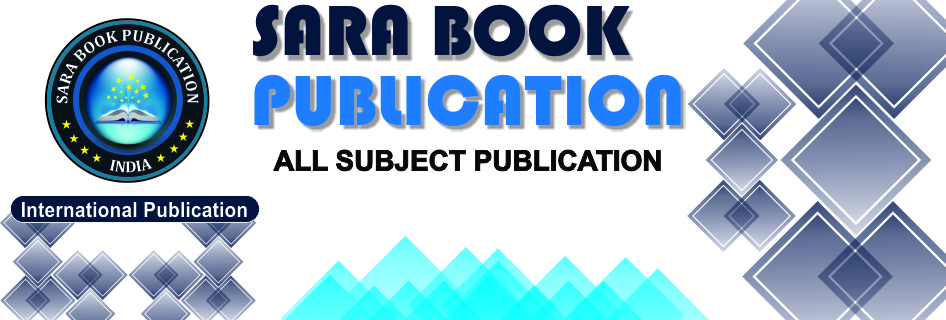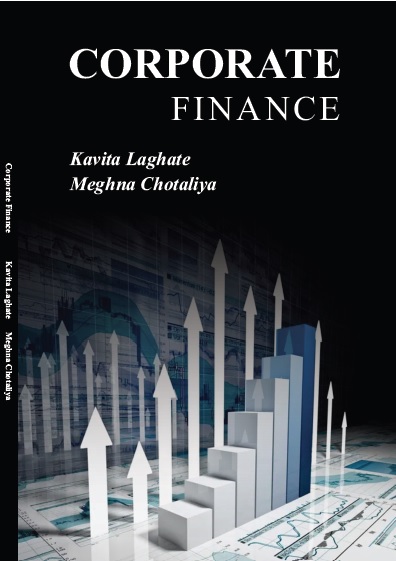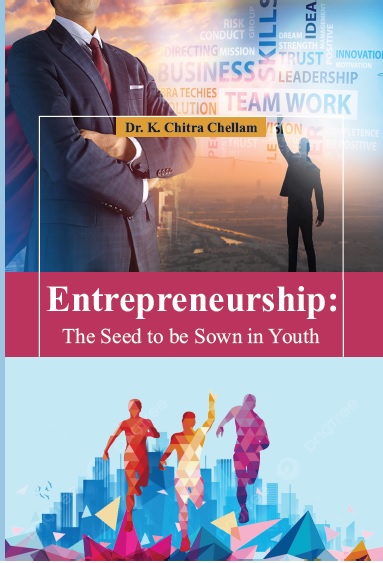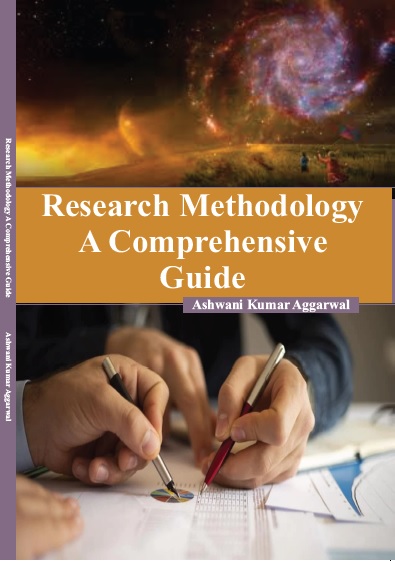SOCIAL SCIENCE AND HUMANITIES
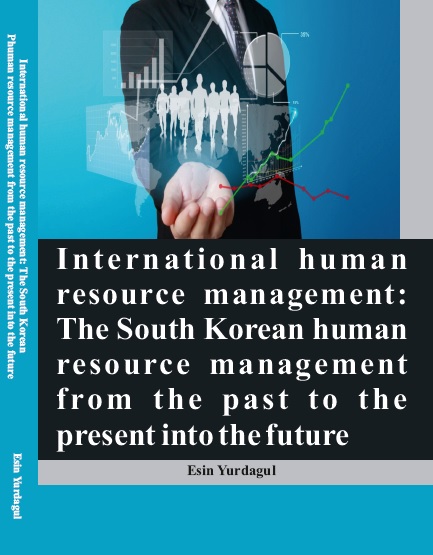
International Human Resource Management: The South Korean Human Resource Management From The Past To The Present Into The Future
by Esin Yurdagul
ISBN Number : 978 - 93 - 88672 - 39 - 9
Authors Details
| Author Name | Image | About Author |
|---|---|---|
| Esin Yurdagul |  |
She did hold her Bachelor's degree and Master's degree in
Mathematics at the University of Vienna in Austria and her
Ph.D. in Cultural Anthropology and European Ethnology
and Korean Studies as a minor field of study at the
University of Goethe in Germany with the focus on South
Korean multinational companies and their impacts on
German economy. She is as an independent senior
researcher and academic advisor of Oezce installation, construction, commerce,
and industry Ltd. Her research fields are included in Business Anthropology with
the focus on organizations and international human resource management,
Economical Anthropology, Socio-cultural Anthropology and Political Economy
with the focus on East Asia, and Mathematical Economy. She is currently writing
her new book and is working on some other academic publishing's. |
Book Description
People and their culture lead us to comprehend the nature of human resource management (HRM), to embrace the difference in every person, and to acknowledge the difference and distinctiveness of their styles and attitudes. For instance, the South Korean (hereafter 'Korea,' except now and then) HRM system has had certain difference and distinctiveness from the other countries' practices since the Korean people obtained their unique national characteristics and cultural background that has been developed in that time and mind-set throughout Korea's 5,000 year history. Korea has long utilized to imports and has been curious about 'foreign products.' Even ancient Koreans immersed themselves in '(Chinese) Buddhism that was first brought from China to the Korean Peninsula in 372 CE (Buddhapia)' and 'Confucian teachings and Chinese traditions (KCIS & MOCST, 2011).' Especially, during 'the time when the Korean Peninsula was ruled by the Choson or Chosŏn dynasty (1392-1904) that was usually considered as a 'hermit kingdom' due to its isolationist policy with regard to Japan and Western countries (Sung, Sang-yeon, 2008),' the Korean Peninsula, according to 'their individual needs and preferences (Buzo, 2002, p. 10, quoted in Sung, Sang-yeon, 2008),' was 'the most influenced country by Chinese religions and culture (the Chinese culture strongly and obviously influenced all East Asian countries (Matthews, Park, Nan-yeong, 2005),' and as a result it had a comparatively tight relationship with China that called itself as a 'big brother of Korea.'



